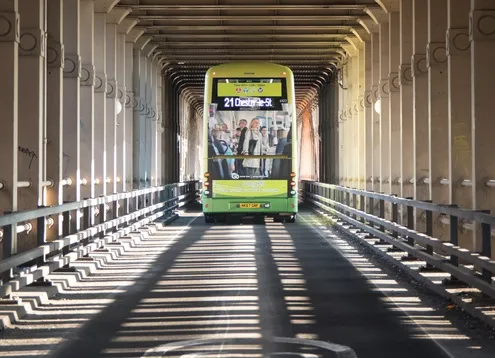Flow offers a suite of pre-built traffic scenarios and is now integrated with Aimsun Next mobility modelling software. The open source architecture knits together microsimulation tools with deep reinforcement learning libraries in the cloud.
Launched last September, Flow allows users to build and combine modular traffic scenarios to tackle complex situations, the company says. For example, single-lane/multi-lane and merge building blocks can be used to study stop-and-go merging traffic behaviours along a highway.
“In mixed-autonomy traffic control, evaluating machine learning methods is challenging due to the lack of standardised benchmarks,” says Alexandre Bayen, director,
Aimsun enters partnership to develop tool for managing mixed-autonomy traffic
Aimsun has partnered with UC Berkeley’s Institute of Transportation Studies to develop Flow, a tool for managing large-scale traffic systems where human-driven and autonomous vehicles (AVs) operate together.
Flow offers a suite of pre-built traffic scenarios and is now integrated with Aimsun Next mobility modelling software. The open source architecture knits together microsimulation tools with deep reinforcement learning libraries in the cloud.
Launched last September, Flow allows users to build and
January 15, 2019
Read time: 2 mins









